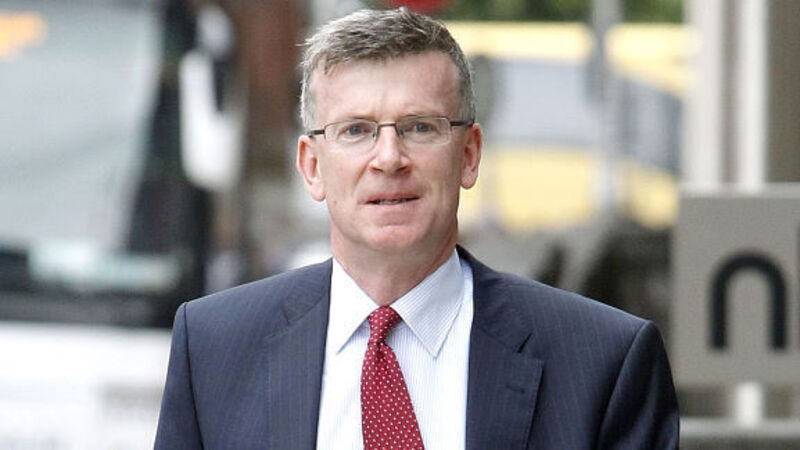Central Bank's Ahearne: Irish firms need State-backed ultra-cheap bank loans to survive

The Government will almost certainly have to guarantee ultra-cheap loans for Irish banks to pump into businesses if many small firms are to survive the Covid-19 economic storm, according to economics professor Alan Ahearne, who is an adviser to the Central Bank.
In an interview with the , the director of the Whitaker Institute of Economics at the National University of Ireland Galway said that many small businesses will fail to reopen if they can’t tap near-zero bank loans that are guaranteed by the State.
















